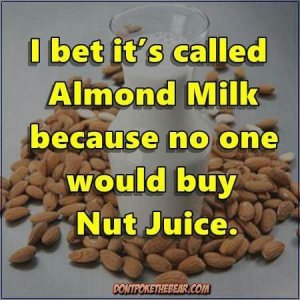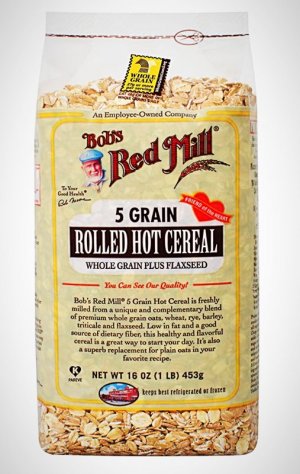Kaila
SF VIP
For myself, it gives more thickness and body, and seems to be better/more successful, in baking a pie, for instance, than water,
and I can digest them,
and for myself, I like some variety, because the foods I can digest are extremely limited.
To me, they smell good, feel good for lubricating my throat, and are much less junky and un-appealing, to me, personally, than most all other beverages. I do drink plain water.
But I totally respect the other food choices , that others make.
I don't care about the colors. Flaxmilk would be brown , i assume.
and I can digest them,
and for myself, I like some variety, because the foods I can digest are extremely limited.
To me, they smell good, feel good for lubricating my throat, and are much less junky and un-appealing, to me, personally, than most all other beverages. I do drink plain water.
But I totally respect the other food choices , that others make.
I don't care about the colors. Flaxmilk would be brown , i assume.



